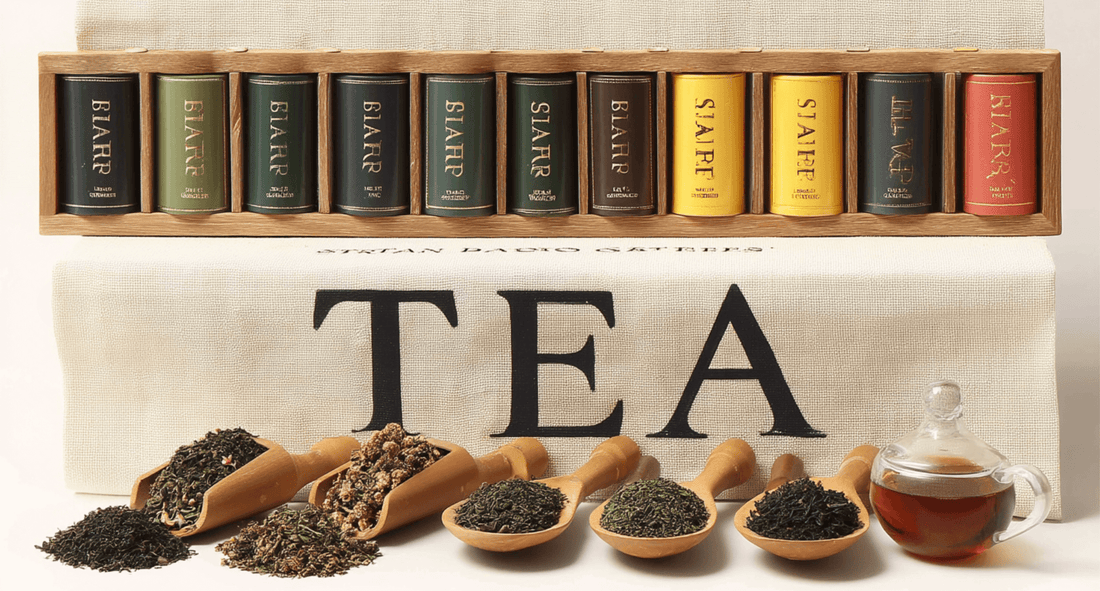
Why Don't We Grind Tea Leaves Before Brewing? (The Hidden Science)
Key insight: Grinding tea increases bitterness by over-extracting catechins while destroying delicate flavor compounds - a trade-off only worthwhile for specific traditions like matcha.
The Bitterness Problem: Science of Tea Extraction
Unlike coffee beans, tea leaves contain catechins - tannic compounds that become unpleasantly bitter when over-extracted. Grinding creates microscopic particles that:
- Release catechins too rapidly during brewing
- Destroy volatile aromatic compounds (floral/fruity notes)
- Result in unbalanced, astringent flavors
This explains why Western tea bags (containing finely crushed leaves) often taste harsh compared to loose-leaf tea brewed at lower temperatures.
Historical Context: When Tea Was Ground
During China's Tang (618-907) and Song (960-1279) dynasties, tea was ground for practical reasons:
- Pressed into cakes for efficient transport along the Silk Road
- Prepared by grinding, then whisking into hot water (precursor to matcha)
However, the Ming Dynasty (1368-1644) banned compressed tea cakes due to complex processing. As brewing methods evolved, whole-leaf tea became preferred for its:
- Superior flavor complexity
- Controllable extraction
- Reduced bitterness
Modern Exceptions: Where Ground Tea Survives
Only specific traditions maintain grinding practices:
- Japanese matcha: Shade-grown leaves reduce catechins; grinding preserves umami-rich amino acids
- Korean Bori-cha: Roasted barley tea often ground for quick infusion
- Some oolongs: Partial grinding used for specialized varieties
These exceptions prove the rule: grinding requires compensating techniques (like shaded growth or roasting) to avoid bitterness.
Optimizing Your Brew: Why Whole Leaves Win
Modern loose-leaf tea allows controlled extraction:
- Gradual flavor release across multiple infusions
- Lower brewing temperatures preserve delicate notes
- Reduced surface area minimizes catechin dominance
As tea processing advanced, grinding became unnecessary. Whole leaves deliver nuanced flavors impossible with powder - from a floral Darjeeling's aroma to a Wuyi oolong's mineral depth.
Conclusion: Respect the Leaf's Structure
We avoid grinding tea because its chemistry demands precision extraction. While grinding served historical needs, modern tea culture prioritizes flavor balance over convenience. For exceptional tea, whole leaves aren't tradition - they're science.
